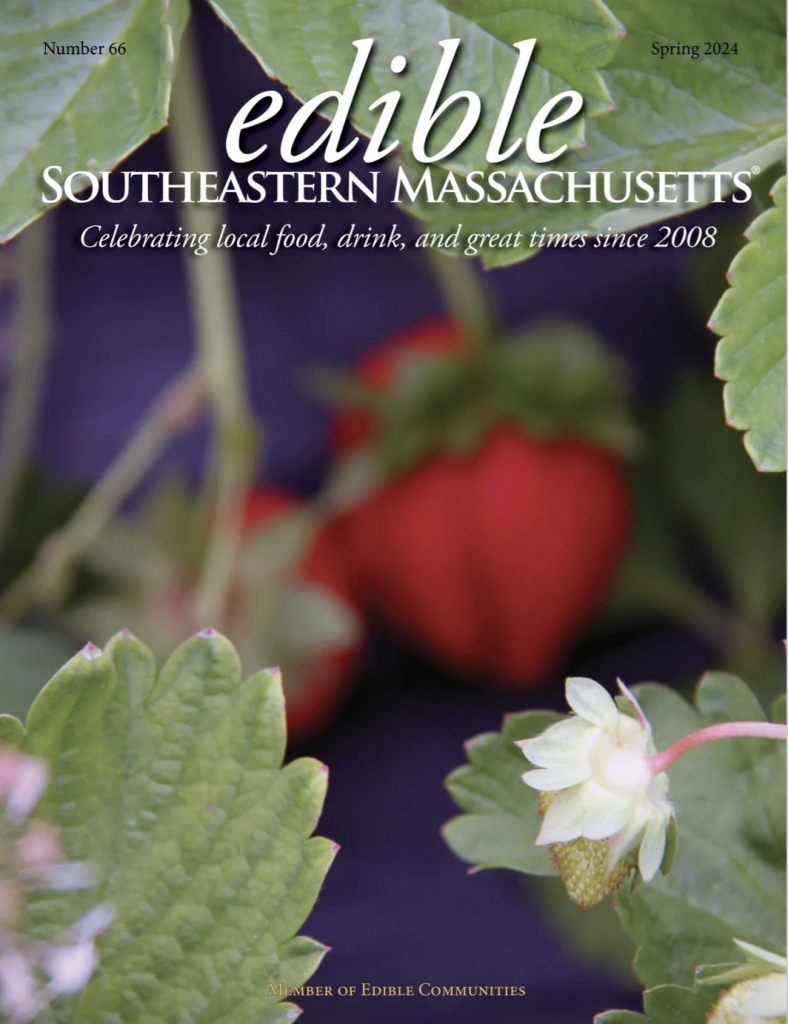Dear edibleSEMA Publishers,
After reading the article on cooking oils in the last issue of eSEMA, it became apparent that there are still some misconceptions about Extra Virgin Olive Oil (EVOO), one of the most beneficial foods for the prevention and treatment of chronic disease. Contrary to what was published, extra virgin olive oil does have a high smoke point and is in fact an excellent cooking oil.
To be fair, a quick internet search may turn up outdated information referencing EVOO as having a low smoke point. However, according to the North American Olive Oil Association (NAOOA), the smoke point can be as high as 470 degrees F, with an average around 400 degrees. Further, the association’s website informs that “the oil’s stability (its resistance to breaking down under heat) is even more important than the smoke point.”
Of all the culinary oils available, extra virgin olive oil contains the greatest amount of oleic acid (omega-9) and the largest count of polyphenols, as well as the greatest number of antioxidants—which together resist the breakdown of the oil and the formation of free radicals through oxidation when heated. These free radicals can be damaging to your cells and DNA, causing a whole host of health issues including autoimmune disorders and inflammation. For this reason, extra virgin olive oil has been touted as the most stable cooking oil, as verified by several independent studies.
To address “light olive oil” as a high heat cooking option, light olive oil is not a natural olive oil. It is a mixture of virgin olive oil (lower grade than EVOO containing defects in flavor and aroma) and lampante oil that is not fit for human consumption that is rectified through industrialized processes with chemicals or heat. It has low nutritional value and can actually be bad for your health.
Now that we’ve cleared the air on EVOO’s high smoke point and stability under high heat, consumers also need to be aware of counterfeit oil on the market. This means that bottles labeled as “extra virgin” often do not meet the criteria for extra virgin and often aren’t pure olive oil at all. It is often old, poor quality, and adulterated with cheaper seed oils.
Tom Mueller, investigative journalist and author of the whistle-blowing book, Extra Virginity, exposes rampant fraud in the olive oil industry. In his 2016 interview with 60 Minutes, he reported that 75 to 80 percent of EVOO that is sold in the US is fraudulent. In 2020, the American Botanical Council reported that the adulteration continues. You would be surprised to recognize several popular brands that have been exposed as fraudulent.
So how can you tell the authentic from fakes? Look for a dark bottle, labeled with a single source/ location of harvest, and a press date. Or you can purchase from a reputable specialty shop that certifies its EVOO and provides the chemistry breakdown assuring its quality. Otherwise, if you aren’t sure what you’ve got is authentic, you may want to avoid using it with high heat after all.
Submitted by Kelly Zucco, LICSW, CIMHP. Co-owner Ripe From The Vine Oil & Vinegar Company in Marion, MA with her husband, John. She is certified in Integrated Medicine as a Mental Health Practitioner and helps clients benefit from a more holistic approach to health and recognizes the potential of food in preventing and managing chronic illnesses.
We at eSEMA very much appreciate any and all ideas, suggestions, and corrections to our edible publication for the betterment of all. We apologize for any confusion with the “Oil and…” article within our Spring 2023 publication.
We don’t profess to know it all… we’ll just endeavor to work together to learn more.





